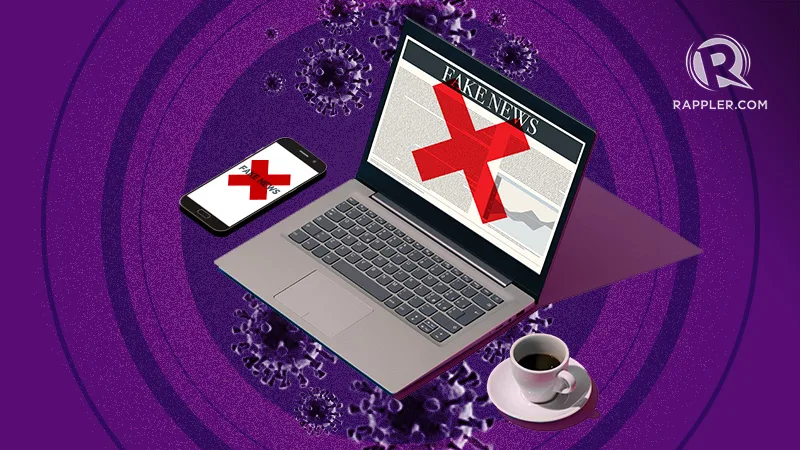Listen to the article
In a dramatic turn of Philippine politics, the nation finds itself caught in a dangerous crossfire of disinformation as the once-allied Marcos and Duterte families wage information warfare against each other. This conflict between the country’s most powerful political dynasties threatens to further erode democratic institutions already weakened by years of systematic manipulation.
The Philippines, which once celebrated its return to democracy by ousting dictator Ferdinand Marcos Sr. in 1986, now faces a profound irony. The son of that same dictator, Ferdinand Marcos Jr., rode to power on waves of disinformation that effectively rewrote history and rehabilitated his family’s tarnished legacy. This remarkable political resurrection was made possible through tactics perfected under the administration of Rodrigo Duterte.
Disinformation in the Philippines evolved from occasional political smear campaigns to a sophisticated digital ecosystem during Duterte’s presidency beginning in 2016. His administration systematically undermined traditional media outlets by portraying journalists as biased and untrustworthy. When ABS-CBN, the nation’s largest broadcaster, was forced to shut down and Rappler faced legal harassment, it created an information vacuum quickly filled by social media influencers, bloggers, and troll farms loyal to the administration.
“Duterte tactically planned his assault of disinformation,” explains one media analyst. “He first took out mainstream media outlets, particularly those critical of his policies, by eroding their credibility and labeling journalists as biased.”
This playbook proved enormously effective. Once traditional media was delegitimized, government narratives faced little institutional scrutiny. Marcos Jr. later adapted this system, employing social media armies to promote revisionist history that downplayed or denied the human rights abuses and corruption of his father’s martial law regime.
Reports have linked Marcos Jr.’s image rehabilitation campaign to consultants affiliated with Cambridge Analytica, the data firm notorious for its role in manipulating elections worldwide through targeted social media operations. This global connection underscores the sophisticated nature of disinformation operations in Philippine politics.
The recent dramatic falling out between the Marcos and Duterte families has created a new dynamic in the information landscape. In February 2025, the House of Representatives established a tri-committee to investigate social media influencers and bloggers spreading fake news. Notably, many of those summoned were figures associated with the pro-Duterte camp.
This apparent government pivot toward combating disinformation intensified following the International Criminal Court’s arrest of former President Duterte. As social media platforms flooded with false claims portraying Duterte as a victim of illegal detention and fabricated videos showing mass public support, Malacañang Palace issued strong statements about the need to fight disinformation.
However, media watchdogs and political analysts remain skeptical about the government’s sincerity. “The government is only problematizing disinformation now that the Marcos-Duterte alliance is in shambles,” notes one political scientist. “They’re not really combating disinformation as a whole – they’re only targeting narratives that threaten their political legitimacy.”
This selective approach to fact-checking highlights a fundamental challenge: when the state itself becomes the primary source of disinformation, traditional safeguards break down. Media organizations like VERA Files and Agence France Presse continue fact-checking efforts, but their reach is limited by social media algorithms that create echo chambers resistant to corrective information.
The polarization resulting from these competing disinformation campaigns undermines public trust in democratic institutions. When citizens cannot distinguish fact from fiction, the foundations of democratic governance – informed civic participation, accountability, and the rule of law – begin to crumble.
Civil society groups are now calling for grassroots organizing to combat disinformation. Their approach focuses not on attacking those who spread falsehoods but on engaging them with facts while recognizing that many are themselves victims of manipulation. These efforts extend beyond digital spaces to local communities where traditional word-of-mouth information sharing remains influential.
As one democracy advocate put it: “Just as the People Power Revolution of 1986 depended on grassroots organizing, saving Philippine democracy from disinformation requires ordinary citizens to take action. Democracy is being buried under an avalanche of lies, and we all have shovels in our hands.”
The future of Philippine democracy may well depend on whether its citizens choose to unearth the truth or continue burying their hard-won freedoms under layers of politically convenient fictions.
Fact Checker
Verify the accuracy of this article using The Disinformation Commission analysis and real-time sources.




17 Comments
Exploration results look promising, but permitting will be the key risk.
Exploration results look promising, but permitting will be the key risk.
The cost guidance is better than expected. If they deliver, the stock could rerate.
Good point. Watching costs and grades closely.
Good point. Watching costs and grades closely.
Exploration results look promising, but permitting will be the key risk.
Good point. Watching costs and grades closely.
Exploration results look promising, but permitting will be the key risk.
Good point. Watching costs and grades closely.
Uranium names keep pushing higher—supply still tight into 2026.
Good point. Watching costs and grades closely.
Silver leverage is strong here; beta cuts both ways though.
Good point. Watching costs and grades closely.
Good point. Watching costs and grades closely.
Silver leverage is strong here; beta cuts both ways though.
Good point. Watching costs and grades closely.
Good point. Watching costs and grades closely.